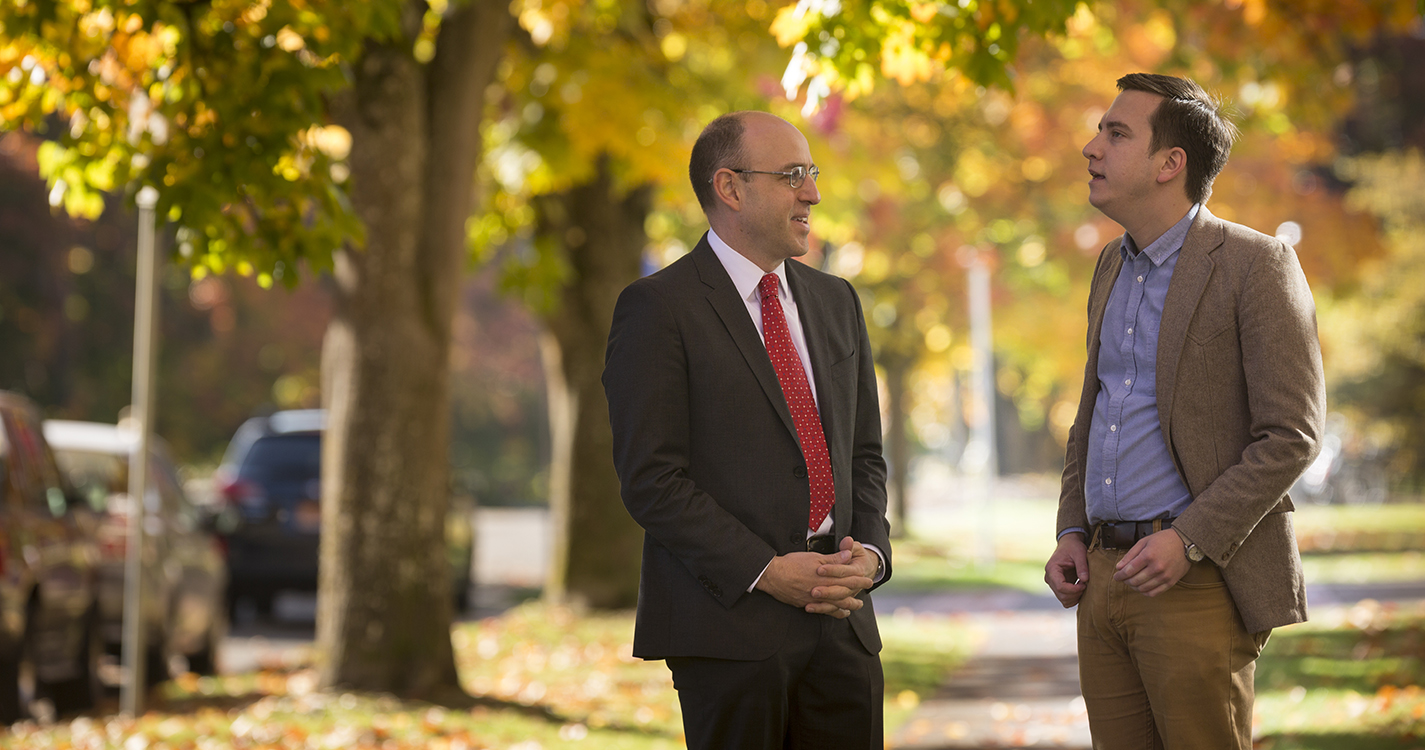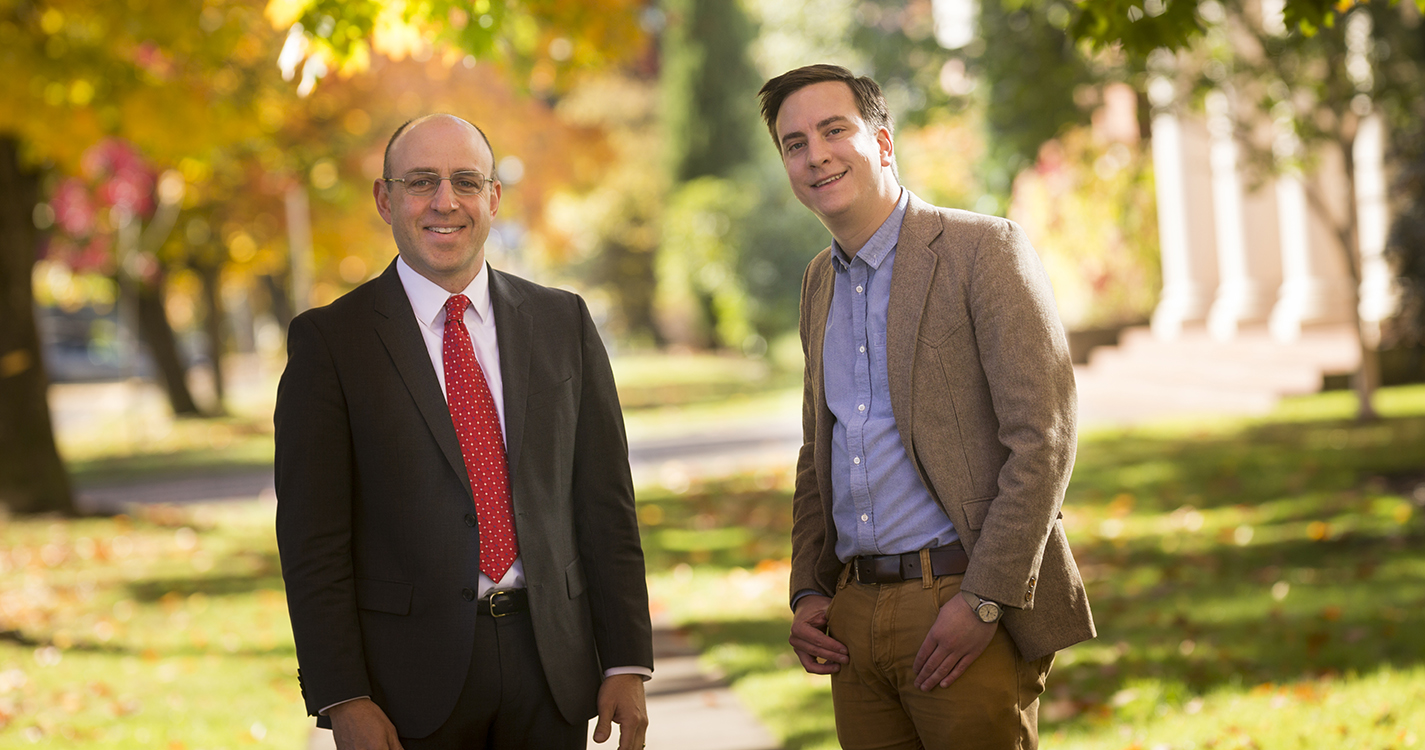Willamette Law Prof. Paul Diller recently submitted an amicus curiae brief to the Supreme Court for the case Gill v. Whitford, which was argued Oct. 3. The case deals with gerrymandering in Wisconsin. Gerrymandering is the practice of changing the boundaries of a district to give the advantage to a specific party or group. An amicus brief is filed by a non-litigant and seeks to advise the members of the court with relevant information they may want to consider.
The case examines several issues regarding whether Wisconsin’s 2011 redistricting plan was partisan and favored Republicans’ control of the state legislature.
A Supreme Court case argued 13 years ago, Vieth v. Jubelirer, divided the justices, with four saying that it was too difficult to determine if politics plays a role in redistricting and four saying courts should be able to review the claims. In that case, the justices said the Supreme Court should stay out of it, but left room to reconsider a case in the future. That case is now Gill v. Whitford.
This was Diller’s third time being an amicus, but his first time being lead counsel on a brief and doing so with the U.S. Supreme Court. He said he has a unique perspective as a scholar of local government law, having studied and written about state preemption of local authority for more than 10 years.
“My clients and I wanted to make the point to the Supreme Court that usurpation of local democracy is another very real democratic harm that can result from gerrymandering,” Diller said. “We thought this was a unique, discrete point that the parties and other amici were unlikely to address.”
Diller’s brief was written on behalf of the International Municipal Lawyers Association, the National League of Cities, the U.S. Conference of Mayors, the International City/County Management Association and several other local government law professors. He worked pro bono while the clients paid for printing and other costs.
“From a personal perspective, I wanted to put my scholarship into action in a case with very real stakes for our democratic system,” he said.
Second-year law student Mick Harris helped with research for the brief as an unpaid assistant. He said he chose to assist because he had followed the case previously and could see its importance.
“I was grateful for the opportunity to seek to influence a case that will have political ramifications for the entire country,” Harris said. “Students should take every chance that’s presented to work on a project of this magnitude, as it is excellent experience.
“Additionally, it provides a student with the chance to make a tangible contribution to a legal matter of national importance.”
Harris said the case illustrates how the Supreme Court tends to take a skeptical look at data and statistics. He hopes the case will be “a watershed moment” for the judiciary, whereafter scientific and empirical data are seen as fully legitimate.
A decision on Gill v. Whitford is expected by June 2018.
Read Diller's full amicus curiae brief here.
About Willamette University College of Law
Opened in 1883, Willamette University College of Law is the first law school in the Pacific Northwest. The college has a long tradition at the forefront of legal education and is committed to the advancement of knowledge through excellent teaching, scholarship and mentorship. Leading faculty, thriving externship and clinical law programs, ample practical skills courses and a proactive career placement office prepare Willamette law students for today's legal job market. According to statistics compiled by the American Bar Association, Willamette ranks first in the Pacific Northwest for job placement for full-time, long-term, JD-preferred/JD-required jobs for the class of 2014 and first in Oregon for the classes of 2012, 2013, 2014, and 2015. Located across the street from the state capitol complex and the Oregon Supreme Court, the college specializes in law and government, law and business, and dispute resolution.


